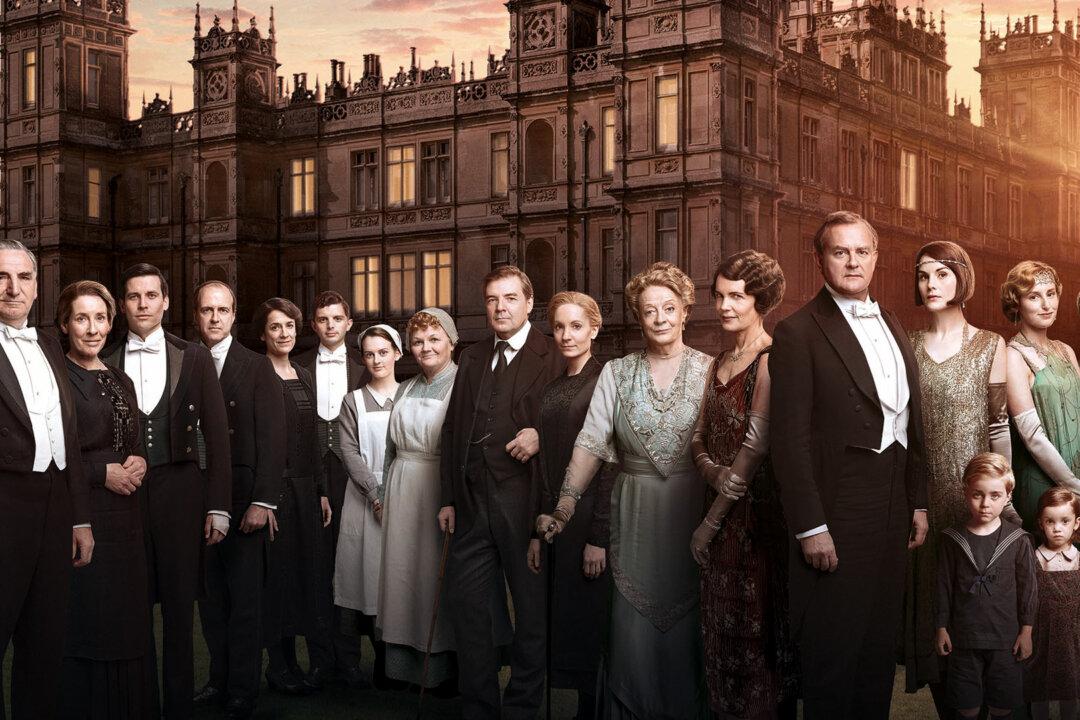Commentary
One’s first exposure to the long series “Downton Abbey” can be a sensory overload. The recreation of the period that begins in 1912 is so compelling. The costuming is perfect, which I know because I understand menswear. Most period movies get it wrong.





